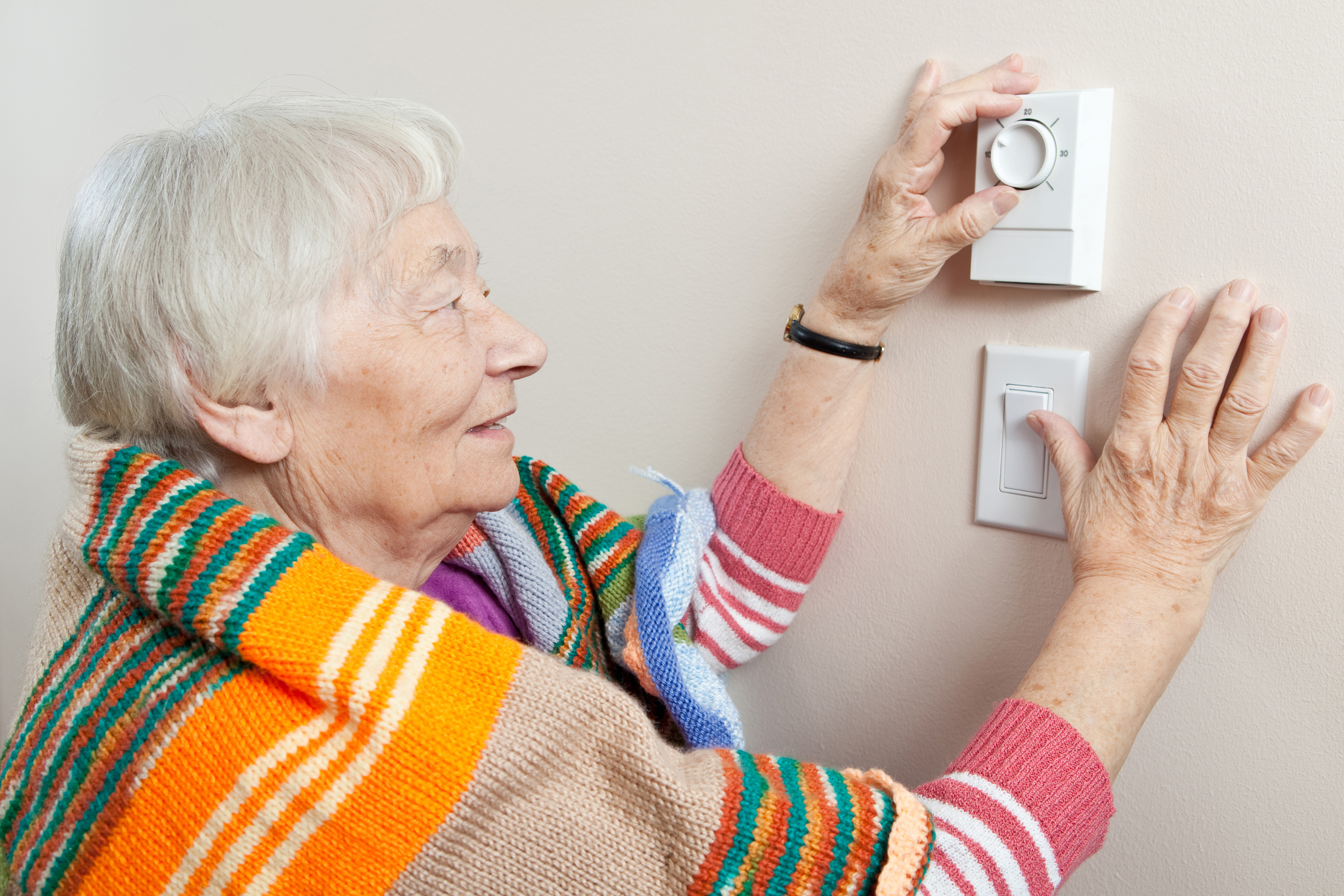Household Bills
This is the day you’re most likely to turn on the heating

While many layer-up as the temperature heads down, statistically this is the most popular day to turn on the heating.
Tomorrow – 14 October – has been voted the most popular day to turn on the heating.
While residents in Belfast and Oxford already adjusted their thermostats last Saturday, MoneySuperMarket’s energy heatmap of the UK reveals those in Plymouth are set to wait another month (11 November) before doing the same. Residents in Bristol and Southampton will hold out until 10 November.
The comparison site polled 2,000 residents across major UK cities and it found that those in London succumbed to the cold on 10 October, while those in Birmingham and Cambridge flicked the switch on 8 October.
The two week gap between when Brits said they start feeling the cold and when they turn on their heating has been termed ‘freezing fortnight’. During that time, 75% admit to putting on two or more extra layers in an attempt to avoid turning on their heating.
Other popular ways to refrain from adjusting the thermostat include using electric blankets and hot water bottles, with half of Brits (49%) turning to these methods before finally turning to the boiler.
Over a third (35%) said they use alternative methods to heat themselves up purely for financial reasons, as their energy bills are too expensive.
MoneySuperMarket also analysed its own data from July to September 2017 to identify the regional cost of energy. It found those in London pay the least for their energy (£853.72 per year), with those across the South East paid the highest bills of £918.66 per year.
Stephen Murray, energy expert at MoneySuperMarket, said: “With less than a week to go until the average Brit turns on their winter heating, there’s never been a better time to take a look at your energy bill and see if you could be getting a better deal. Instead of putting on extra layers and turning to electric blankets or hot water bottles, a simple switch to a competitive, fixed-rate deal could save you £250 per year.”